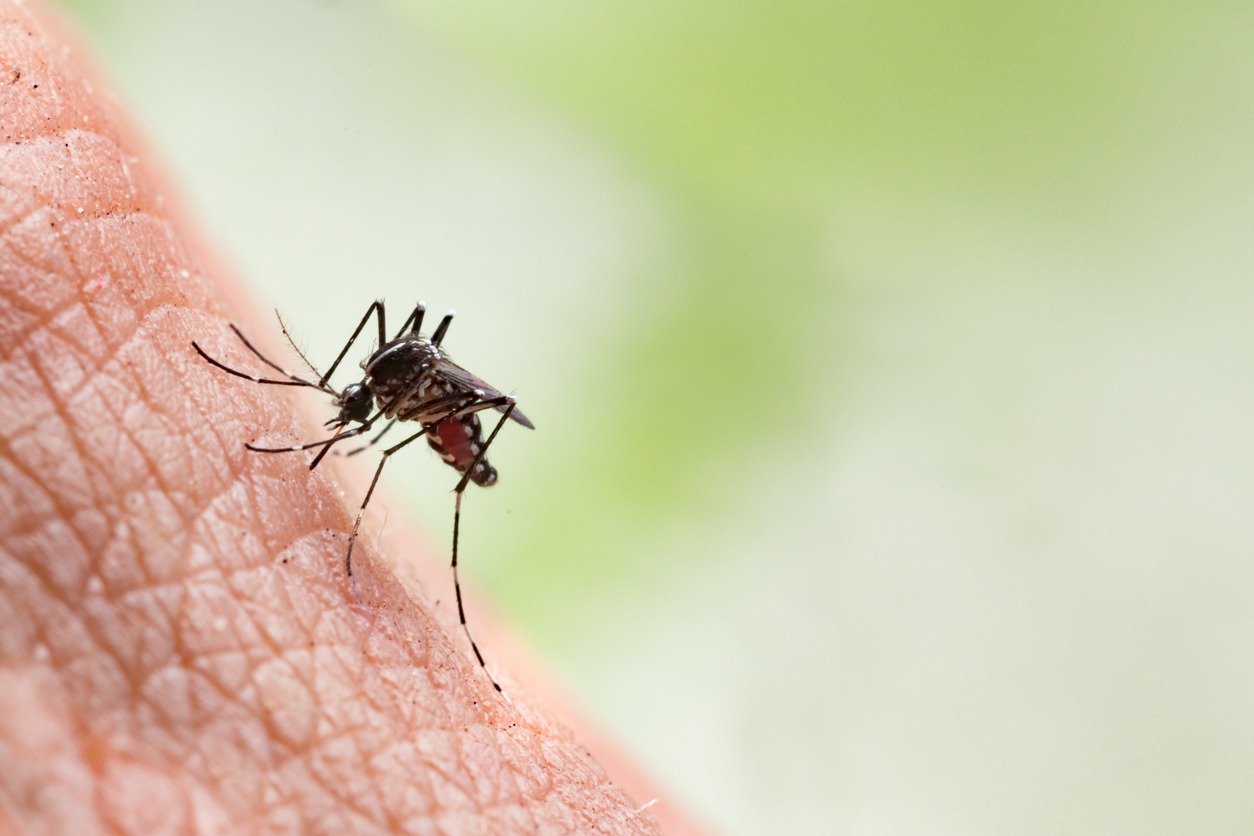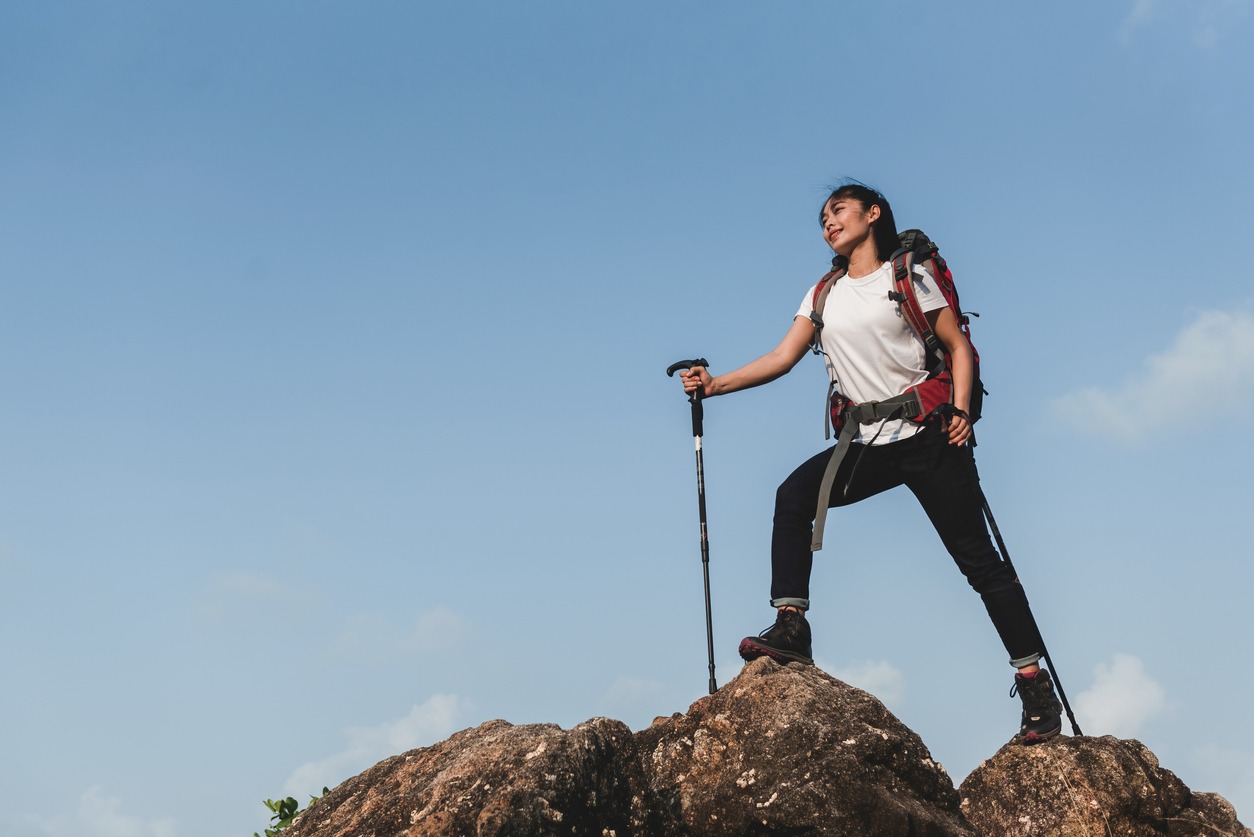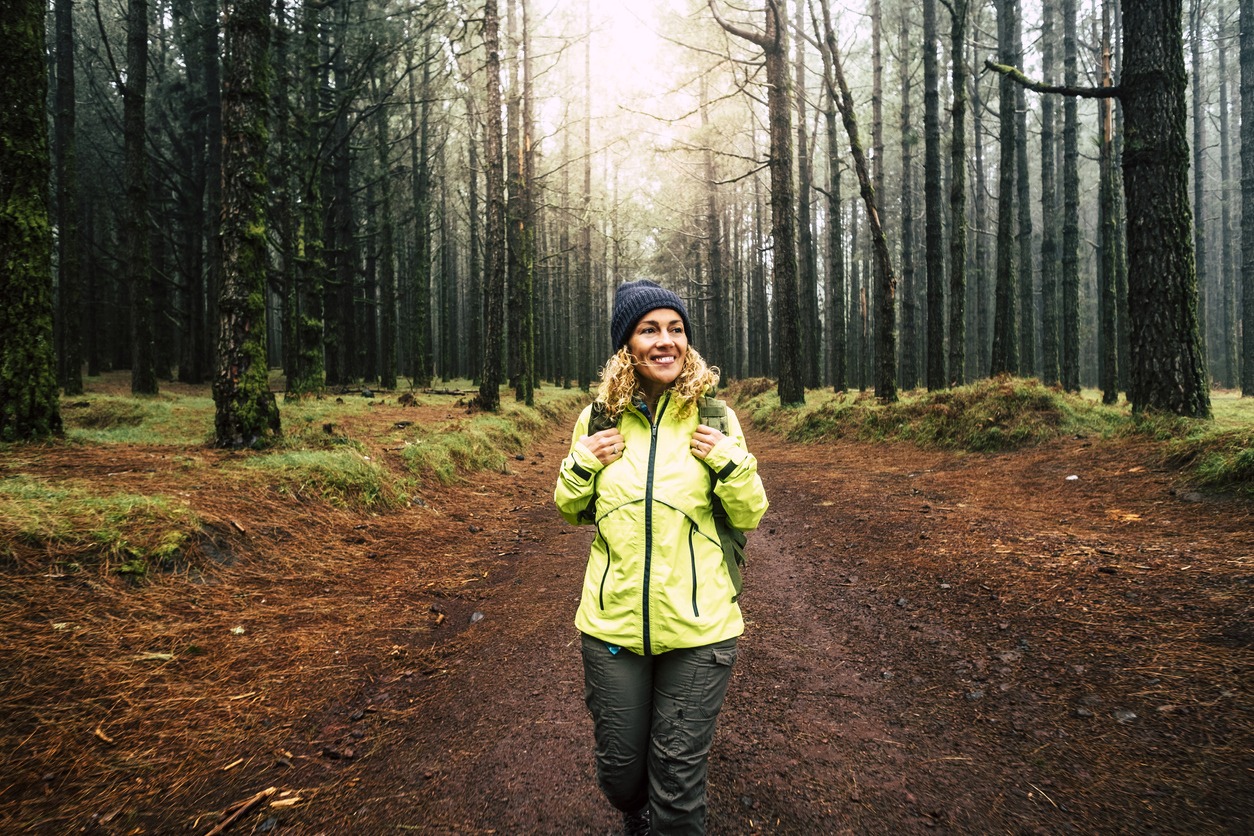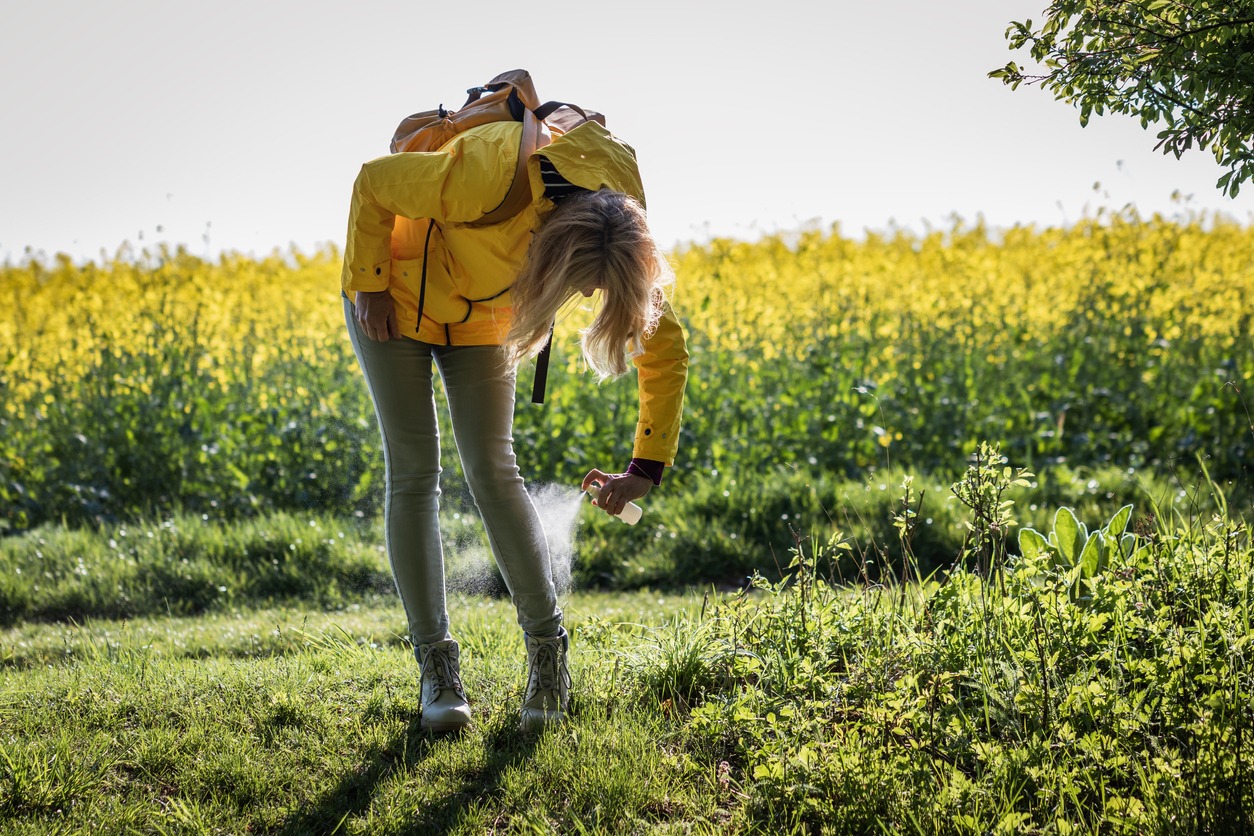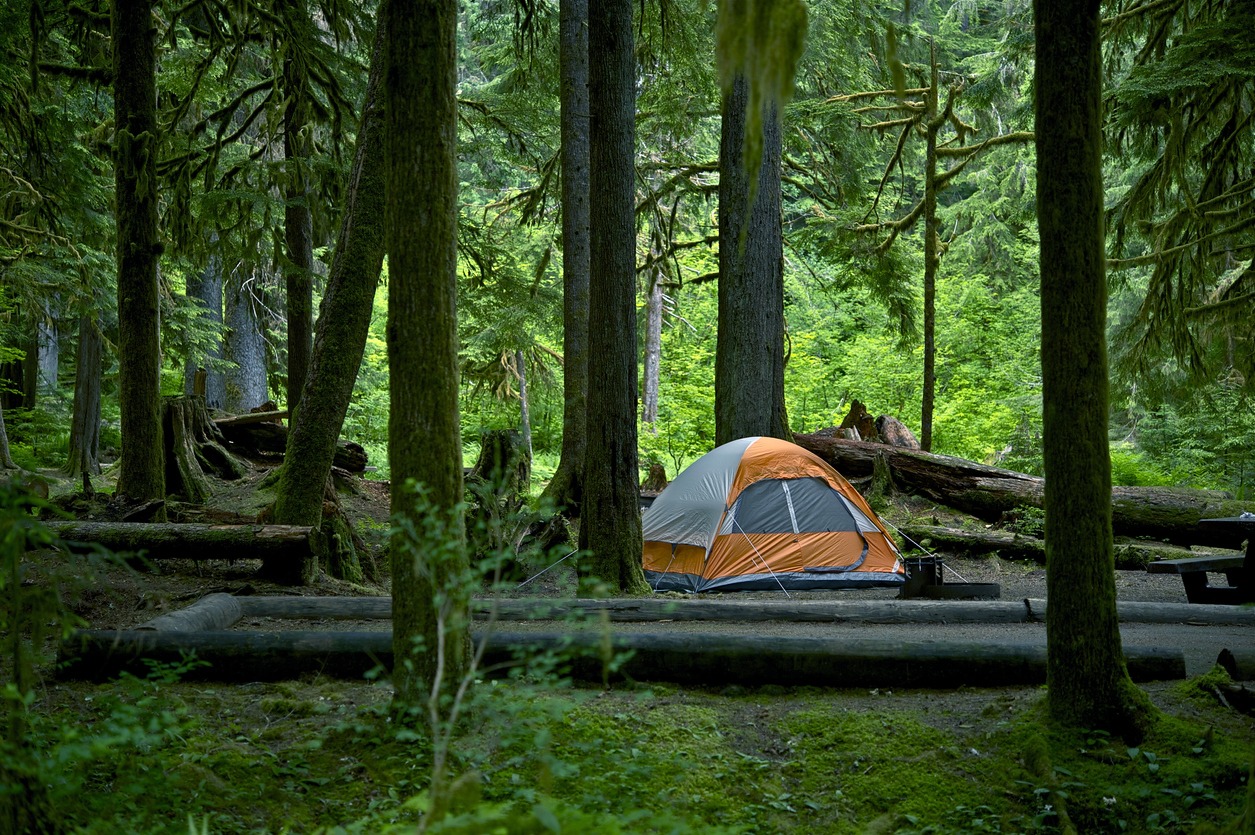We all know that enjoying the great outdoors comes with a few risks, like getting sunburned or being attacked by a swarm of mosquitoes. But did you know there are some more serious risks associated with exposure to nature, like Lyme disease and West Nile virus?
To help you enjoy your time in the wilderness without having to worry about these pesky critters, we’ve put together a list of tips for protecting yourself from bug bites while camping, hiking, and climbing.
Whether you’re looking for an all-natural repellent or the most effective chemical treatment out there, we’ve got you covered. So grab your mosquito net and read on for our top tips!
Wear Light-Colored Clothing
Beat the bugs this summer by picking out your wardrobe wisely! According to experts, wearing light-colored clothing is one of the best ways to avoid extra mosquito and bug pestering. This makes sense since most insects prefer dark (or black) meals, and it must be hard for them to spot you if you’re rocking a crisp white ensemble.
So, when thinking of what to wear for a day out in nature, make sure you reach for something bright instead of dull – not only can it serve as a bug repellent, but also it’s considered quite chic right now.
Cover Up As Much Skin As Possible
Sun protection is no joke!
If you’ve ever had an unfortunately painful sunburn, then you know it pays to cover up. Stylishly, of course – no need to give up on fashion when opting for long sleeves, pants, and hats!
Finding fashionable long-sleeved tops and full-length bottoms with fun and interesting prints can be a great way to keep your arms, legs, and head shielded from too much sun without sacrificing your personal style.
The best part? You’ll burn fewer calories adjusting these clothes in the summer heat than dancing around sand dunes trying to escape those UV rays.
So, why not take a breath, get dressed, and enjoy the sun safely?
Use Bug Repellent
When the dreaded mosquito season creeps around, the most reliable form of defense is to arm yourself with an insect repellent. And if you want to ensure maximum protection from disease-carrying bugs, then you need to choose one with DEET!
Not only will it keep annoying critters at bay, but it’s also proven to be a highly effective way of protecting your skin without harsh chemicals.
So if you want to avoid the itching and scratching that accompanies unwanted bug bites, DEET is your best bet!
In addition to a bug repellent, there are also other items that you will need to have a safer time camping outdoors. For more info on these essential camping items, read our Guide to Selecting Items Needed for a Camping Trip.
Avoid Scented Products
If you thought the best way to ward off pesky bugs was with heavy applications of perfume, lotion, and the like, we have some bad news. Turns out that those bug-repellent products you were using were actually attracting bugs!
Who would have guessed that bugs have a sense of smell and like what they should be avoiding? We know that smells can induce bothersome memories, but it turns out that fragrances can also attract attention – from gnats, mosquitoes, moths, and more!
To keep away the insects, avoid scented products as much as possible. Natural bug-reducing remedies can help with keeping your space peaceful and pest free!
So if there’s ever been a reason to ditch the designer smells, this is it.
Stay in Areas That Have Little to No Vegetation
When it comes to deciding on a place to stay on vacation, you should keep in mind that the more vegetation an area has, the more unwelcome critters you might find.
If you’re someone who is prone to mosquito bites or if bugs, in general, make your skin crawl, picking a sparsely vegetated spot would likely do the trick!
Of course, this leads us to wonder if there is anything else in nature worth admiring without being surrounded by shrubs and plants – the answer is yes! Let’s not forget about the ocean breeze in areas like beach-side towns or the rocky cliffs overlooking mountain terrain.
Taking steps to avoid plant life doesn’t mean sacrificing beautiful scenery; it just means managing pesky bugs.
Keep Your Campsite Clean
You know the phrase ‘leave no trace behind’? Here’s an easier way to remember it:
1. Don’t make a mess at your campsite.
2. Don’t leave food out, or else expect a plethora of visitors who won’t be very pleased if you ignore their invitations.
3. Even worse, do not leave dirty dishes lying around like discarded trash; aside from being highly unhygienic, it doesn’t look very nice either!
So, here’s your guide when camping: clean as you cook, tidy as you eat, and keep the place spotless once done – unless you want to take home some new souvenirs from your trip.
Effects of Bug Bites
Bug bites can have a range of effects, depending on the type of bug that has been bitten.
In general, it is common to experience some localized swelling and itching at the site of the bite. This may be accompanied by redness and pain in some cases.
In addition to this, there can be a wide range of other symptoms associated with bug bites, including fever, rashes, and even nausea. Depending on the type of bug, there may also be potential for more serious complications such as infections or allergic reactions.
If you believe that a bug bite is causing any unusual symptoms, it is important to seek medical advice as soon as possible. Taking preventative measures to avoid being bitten in the first place can also be useful in reducing the risk of any unwanted side effects.
So, while it might not be fun to get a bug bite, with the right preventative measures and quick action, you can quickly tackle the problem and get back to your life!
Final Thoughts
By following these simple tips, you can avoid being a mosquito’s next meal. So go out and enjoy the great outdoors without fear of becoming bug food! Just make sure to pack your repellent, light-colored clothing, and long sleeves. And if you’re really looking to avoid pests, maybe consider staying in a city for your next vacation.
